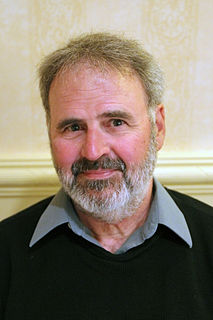A Quote by Mira Bartok
I felt held hostage by her illness and by the backward mental health system that once again was incapable of helping our family in crisis.
Related Quotes
One of the patients that really stands out for me was a middle-aged woman who actually had HIV in the early days, and helping her kind of come to terms with that. She had rather late-stage illness, but just helping her, sort of cope with the challenges of the disease and the infections and all that, but also her social issues, like, coming out to her family about the illness, and a very religious family.
The very term ['mental disease'] is nonsensical, a semantic mistake. The two words cannot go together except metaphorically; you can no more have a mental 'disease' than you can have a purple idea or a wise space". Similarly, there can no more be a "mental illness" than there can be a "moral illness." The words "mental" and "illness" do not go together logically. Mental "illness" does not exist, and neither does mental "health." These terms indicate only approval or disapproval of some aspect of a person's mentality (thinking, emotions, or behavior).
Once my loved one accepted the diagnosis, healing began for the entire family, but it took too long. It took years. Can't we, as a nation, begin to speed up that process? We need a national campaign to destigmatize mental illness, especially one targeted toward African Americans. The message must go on billboards and in radio and TV public service announcements. It must be preached from pulpits and discussed in community forums. It's not shameful to have a mental illness. Get treatment. Recovery is possible.
One of the things we need to do is address mental health care as an integral part of primary care. People often aren't able to navigate a separate system, so you see successful models where a primary care physician is able to identify, diagnose, and concurrently help people get mental health treatment who have mental health issues.


































